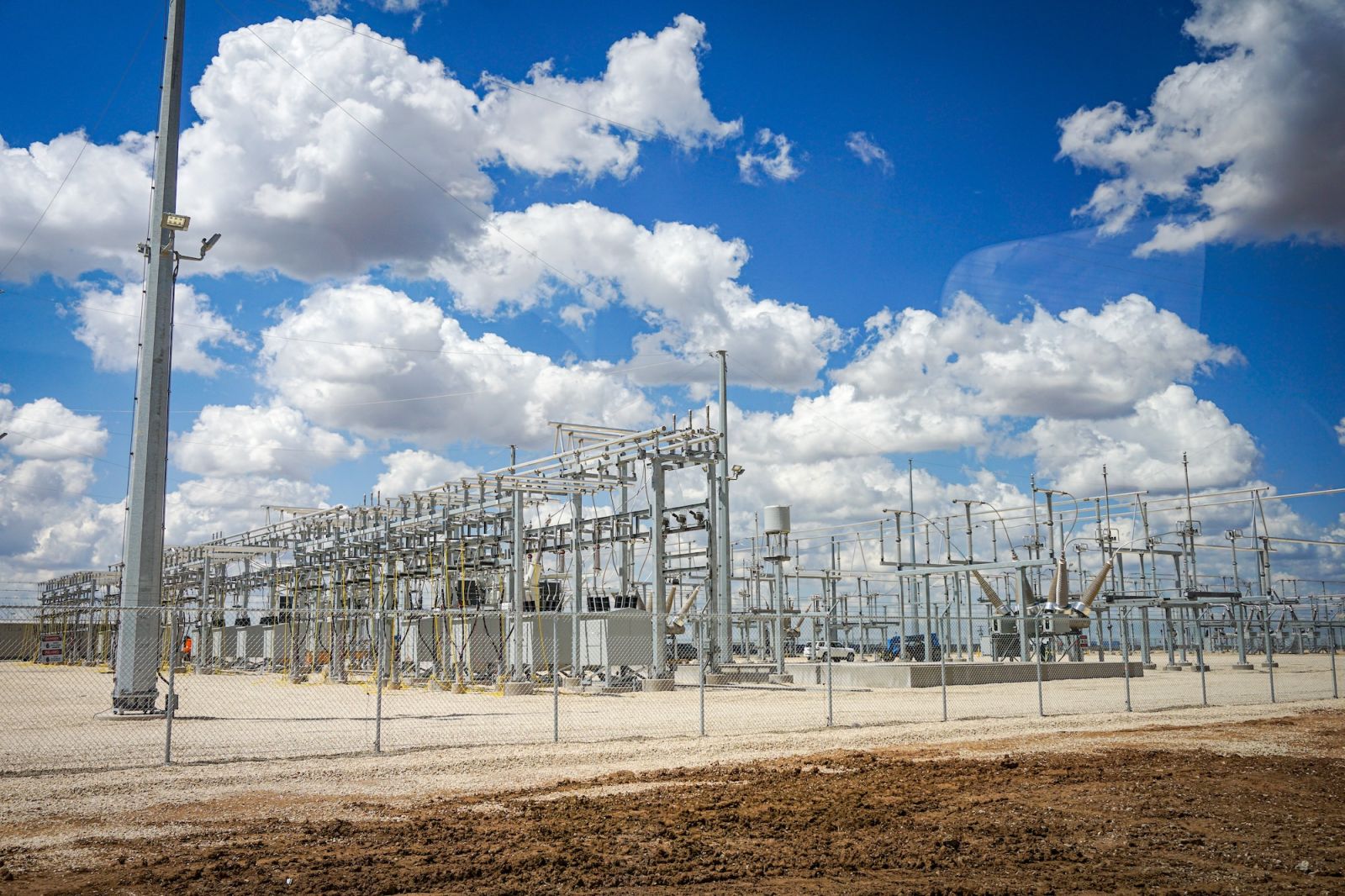What’s Your Exit? Incorporating a responsible decommissioning strategy into solar development plans
Renewable energy developments are on the rise, projected to grow 17 percent by the end of 2024. As more solar projects enter development and break ground, developers must think ahead to ensure plans are in place to sustainably and responsibly break down projects at the end of their lifecycles. Decommissioning is an increasingly scrutinized process in the renewable development space. Establishing a decommissioning playbook, including monitoring regulatory shifts, understanding key roles and responsibilities, and creating opportunities for community collaboration, will help set developers up for success from a project’s beginning to end.
Navigating the final phase of a solar project lifecycle
Solar developments can effectively contribute to renewable energy generation for several decades. However, as technology advances and systems age, decommissioning becomes an essential final phase in the lifecycle.

As the solar photovoltaic (PV) market expands, the number of discarded panels will also increase. According to the United States EPA, the U.S. is projected to have up to one million tons of solar panel waste by 2030. By 2050, the country is expected to have the second-highest total of end-of-life panels globally, reaching an estimated 10 million tons.
Decommissioning involves the removal of solar panels and related infrastructure at the end of a project’s life. It ensures that the site is restored to its original condition or repurposed appropriately, mitigating environmental impacts, and complying with regulatory requirements. Effective decommissioning includes responsibly disposing of and recycling solar components, contributing to the project's overall sustainability. How a developer designs a decommissioning process to address end-of-life panels depends on each individual organization’s approach, community input, and local and federal regulations.
Assessing the decommissioning regulatory landscape
Increased regulatory scrutiny at the state level, including more stringent regulations on end-of-life solar project management, highlights the growing importance of responsible decommissioning. These regulations aim to ensure that decommissioning is carried out responsibly to minimize environmental impacts and safeguard public health.
Current regulations typically require developers to create comprehensive decommissioning plans and allocate financial resources to cover related costs. These plans often include specific guidelines for the removal and disposal of solar panels, recycling of materials, and restoration of the site to its original condition. As regulations evolve, there is an increasing emphasis on transparency and accountability from solar developers regarding project plans, including clear timelines, detailed procedures for decommissioning, and the financial mechanisms in place to manage these processes. This heightened focus helps mitigate potential liabilities and ensures that decommissioning is conducted responsibly and effectively, safeguarding both the environment and community interests.
The solar industry faces unique challenges related to recycling and end-of-life management. According to energy.gov, more than 85 percent of a solar photovoltaic (PV) module is made of materials we already know how to recycle, like aluminum and glass. Yet the adoption of recycling solar panel materials is still relatively low, and is not viewed as cost effective. As technology advances, new materials and designs will emerge, necessitating ongoing adjustments to decommissioning practices. Addressing these challenges means developers will need to prioritize cross-industry collaboration, and pay close attention to evolving regulations.
Identifying key decommissioning roles and responsibilities
Developers play an active role in the decommissioning process, including creating comprehensive plans that detail procedures, timelines, and cost estimates. They must ensure adequate financial security to cover these costs, thereby mitigating potential risks and liabilities. A well-structured decommissioning plan ensures compliance with local regulations, and should address the removal and disposal of solar components and site restoration. By proactively planning for decommissioning, developers can minimize disruptions and enhance the overall success of the project.
Local county and city officials also have crucial responsibilities in overseeing and enforcing decommissioning regulations. Officials implement local ordinances that ensure developers adhere to regulatory standards. Collaboration between developers and local officials helps create and enforce effective decommissioning practices that align with community interests and regulatory requirements.
 Creating opportunities for community collaboration in decommissioning planning
Creating opportunities for community collaboration in decommissioning planning
Collaboration with local communities is an investment in a smooth future decommissioning process. Engaging with residents and stakeholders helps ensure that decommissioning plans align with community needs and expectations. Building strong relationships between developers and communities fosters trust and facilitates successful project transitions.
Community involvement in decommissioning planning can take various forms, including public consultations, feedback sessions, and partnerships with local organizations. Incorporating community input into decommissioning strategies means developers can address concerns, manage expectations, and promote a sense of shared responsibility for the project’s impact on the local environment.
Understanding potential obstacles
Decommissioning can present several challenges for developers, including financial and logistical considerations. Subjective restoration requirements and tight timelines can complicate the process, requiring careful planning and management. Risk mitigation strategies, such as establishing contingency plans and maintaining transparent communication with stakeholders, are essential for addressing these challenges.
Decommissioning is a critical phase in the lifecycle of solar projects, with significant implications on environmental sustainability and community well-being. Proactive planning, adherence to regulatory standards, and collaboration with local communities are essential for successful decommissioning. As the renewable energy sector continues to evolve, ongoing dialogue and improvements in decommissioning practices will play a key role in supporting sustainable solar energy development.
Zach Wald is Director, Project Management at Vesper Energy, which develops, builds, owns and operates renewable energy facilities across the United States.
Vesper Energy | vesperenergy.com
Author: Zach Wald
Volume: 2024 November/December









.png?r=7983)


